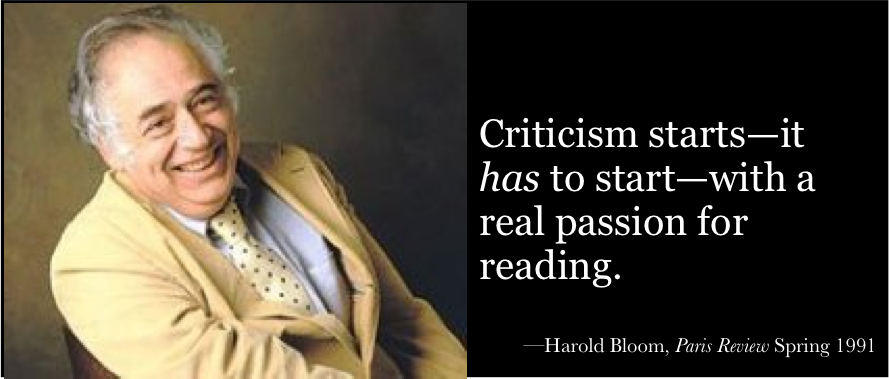There are no normal people in this novel: only gangsters, ward bosses, corrupt politicians and corrupt government officials and corrupt cops and corrupt journalists. No children, no young lovers, no happy married couples, nobody going to work or shopping in the neighbourhood or picnicking in the park. Noir, noir, noir.
There is a murder—or at least an accidental death—to solve in this novel, but there is no detective, per se. Instead, the protagonist is a political operative and collection of incongruities, Ned Beaumont. He takes a multiple-day beating that makes the typical knock-out of classic detective fiction seem a mere love-tap, but never reciprocates. He has been in the town where the story is set for only a year and a half, and yet he is best friends with his boss, the town’s political kingpin, and on very affectionate terms with his boss’s mother and sister—besides knowing everyone, down to the last punk and cab driver and speakeasy operator. Relentlessly stoical and transcendently astute, he is nevertheless addicted to gambling. Irresistibly attractive to every woman in the story, he never shows the slightest interest in them and seems as much the career loner as any mysterious cowboy gunslinger in a Wild West novel; and yet he leaves town with the best of the women at the end. And despite an extended stay in hospital after that beating, he seems to suffer no long-term effects: no limp, no scars, no kidney damage, no chronic weakness.
But still there is something compelling in Hammett’s grim, stripped-down, laconic narrative style. Like his protagonist, Hammett never lets up, never gives in, and we are pulled into his narrative’s irresistible current.



